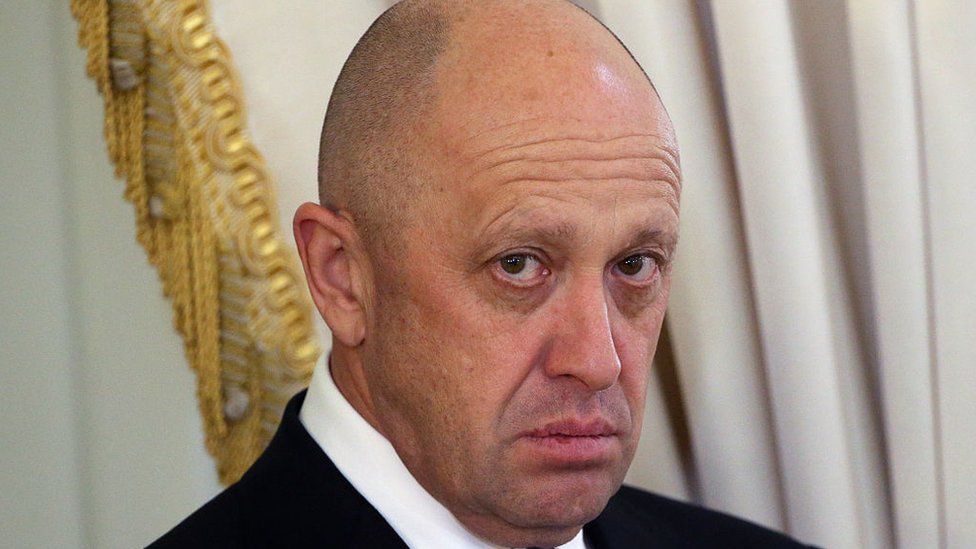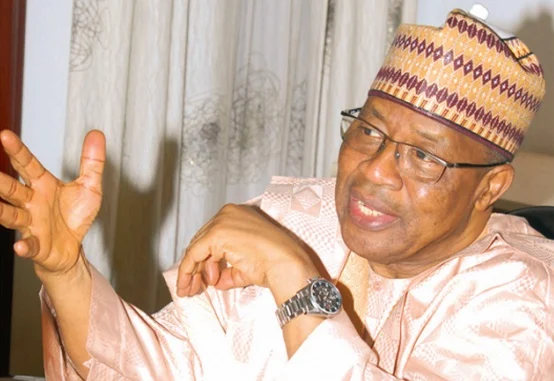The reported demise of Yevgeny Prigozhin, the enigmatic leader of the Wagner mercenary group, marks a striking turn of events in the saga that has unfolded since his audacious rebellion against the Russian establishment. As the aviation officials confirm his presence on the passenger list of the ill-fated private jet that crashed near Moscow, questions and implications ripple across Russia’s political landscape.
The Wagner Group, known for its clandestine operations and controversial involvements, became synonymous with Prigozhin’s determination to challenge Moscow’s authority. The move marked a sharp departure from his previous alignment with Russian President Vladimir Putin, transforming a trusted ally into a renegade. Prigozhin’s abrupt pivot from loyalty to defiance left the Kremlin astounded and the nation questioning the balance of power.

The details surrounding the crash remain shrouded in uncertainty, but the symbolism is undeniably profound. The once-powerful Wagner chief, who commanded a private military company deeply entwined with Putin’s strategic ambitions, now finds himself at the center of a clouded tragedy. Prigozhin’s rise as an influential figure, with connections that reached the highest echelons of Russian leadership, is now mirrored by his presumed fall.
The narrative is as complex as it is intriguing. From orchestrating military operations in Ukraine to openly criticizing Russia’s military leadership, Prigozhin’s audacity challenged the established norms of loyalty within the Russian elite. His defiance was not just against military figures, but against the very core of Putin’s authority.
The fallout from Prigozhin’s insurrection and its subsequent resolution raised eyebrows both domestically and internationally. His apparent escape from severe repercussions following the rebellion ignited speculations about political compromises and potential weaknesses within the Kremlin’s grip. In the wake of this unexpected turn of events, Russia’s political dynamics stand at a crossroads.

Prigozhin’s loyalists and followers within the Wagner group now face an uncertain future. His presumed death could potentially galvanize his supporters, elevating him to martyrdom status in the eyes of those who view his actions as a challenge to the established order. The vacuum left by his absence, whether real or symbolic, might also push some to seek revenge, further complicating an already delicate security landscape.
As the dust settles, the prevailing question lingers: Was this a tragic accident or a calculated act? The answer may never be definitively established, but the implications of Prigozhin’s fate are inescapable. The presumed death of a man who dared to challenge the might of the Kremlin sends a potent message: defiance carries consequences.
Read Also: The Looming Threat: Prigozhin’s Power and Putin’s Vulnerability
Yevgeny Prigozhin’s reported death resonates as a cautionary tale, a narrative of ambition and audacity that unraveled in the face of established power. Whether this marks the end of his chapter or fuels new tensions within Russia’s intricate political tapestry, the story of his life and presumed death adds yet another layer to the enigmatic and often perplexing world of Russian politics.




